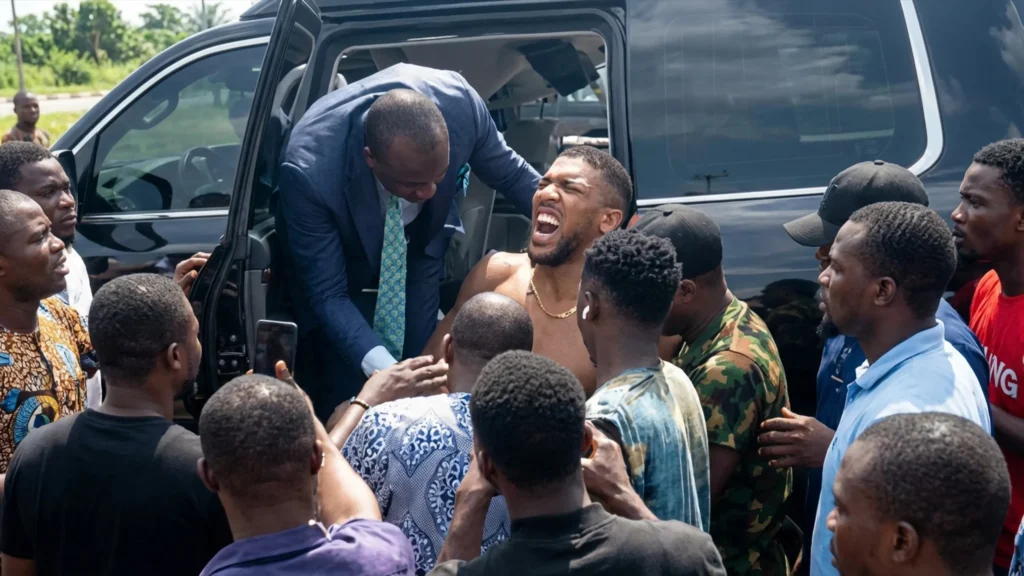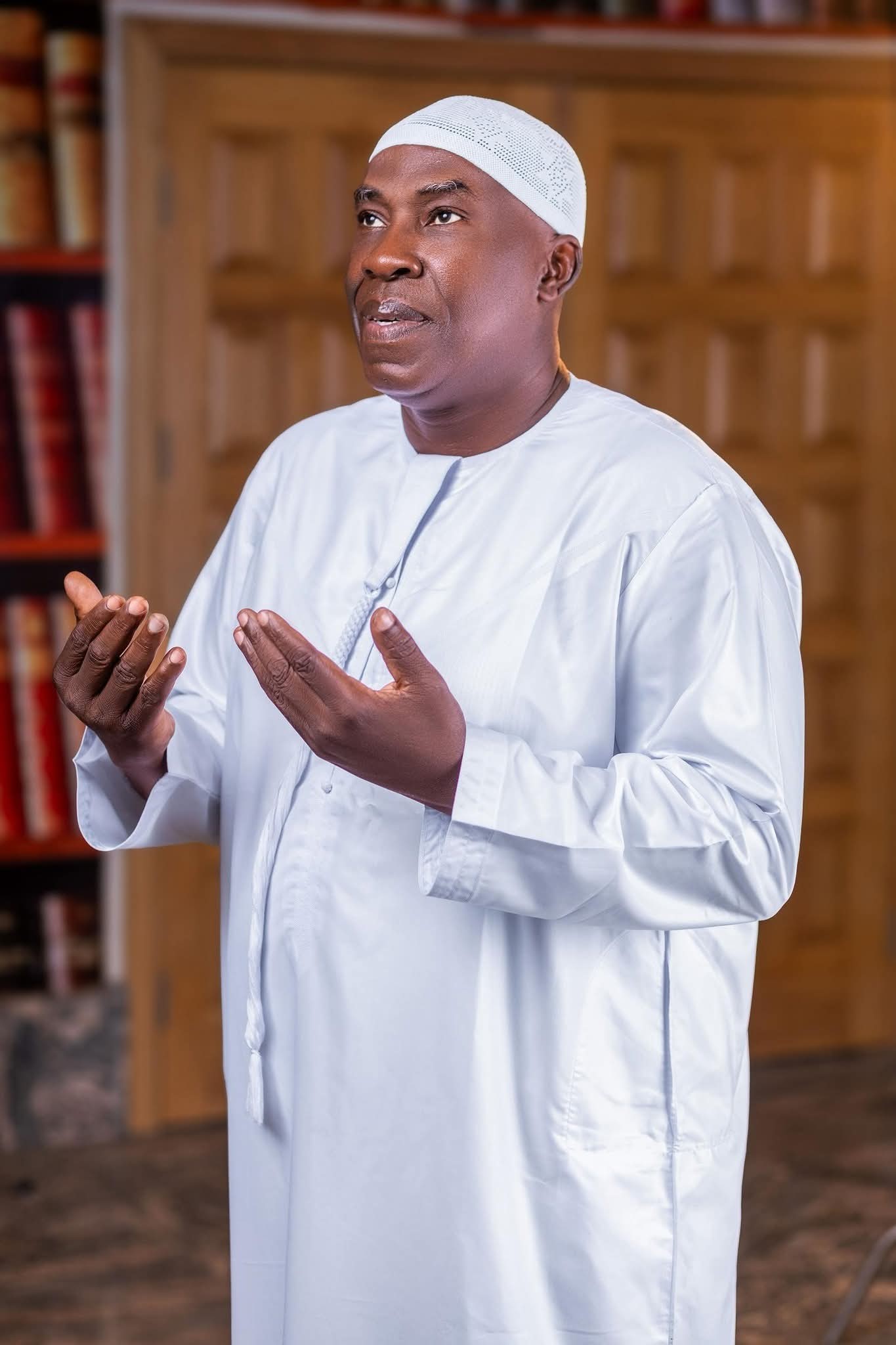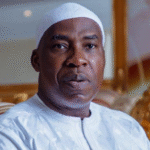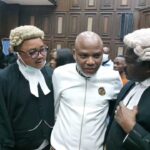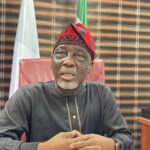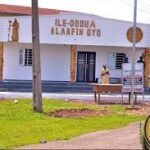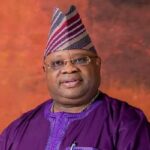Now Reading:
Afenifere, northern leaders demand state police amid delays
-
01
Afenifere, northern leaders demand state police amid delays

Afenifere, northern leaders demand state police amid delays
Barely 17 months after the Tinubu administration first expressed interest in establishing a decentralised police force, several sociopolitical groups, civil society organisations and ex-service men and women have intensified calls for its implementation.
This followed Tuesday’s meeting between President Bola Tinubu and eminent citizens of Katsina State, where he stated that the Federal Government will hasten the devolution of power to the sub-national levels and further equip recently deployed forest guards.
“I am reviewing all the aspects of security; I have to create a state police,” Tinubu told the delegation led by Governor Dikko Radda.
On Thursday, the National Publicity Secretary of the pan-Yoruba socio-political organisation, Afenifere, Jare Ajayi, welcomed the renewed call by the President.
Speaking with The PUNCH in Ibadan, the Oyo State capital, Ajayi expressed hope that Tinubu would remove delays clogging the implementation pipeline before the end of 2025.
“As is well known, the idea of state police has been on the front burner for quite a while. We recall that Tinubu has never hidden his desire to have state police.
“Indeed, going by the posture of Mr. President, one had thought that the scheme would have taken off before now,” he stated.
Ajayi cited a briefing by the Minister of Information, Mohammed Idris, who, in February 2024, announced Tinubu’s renewed move to create state police after talks with state governors at the Aso Rock Villa.
“We have a feeling that for Tinubu to again openly describe state police as inevitable now means that the Federal Government is ready to have it take off,” he opined.
According to him, the National Chairman of Afenifere Executive Committee, Olu Falae, called the creation of state police “long overdue.”
On February 15, 2024, the FG, alongside the 36 states, began talks expected to culminate in the creation of state police. This formed part of the agreements reached at the emergency meeting between the President and state governors.
It followed pockets of killings and kidnapping recorded nationwide, hikes in food prices and economic hardship.
The Minister of Information and National Orientation, who addressed journalists after the meeting, explained that the process was still in its infancy and would only take shape after more deliberations between stakeholders.
“The Federal Government and the state governments are mulling the possibility of setting up state police,” said Idris, adding that “this is still going to be further discussed. A lot of work must be done in that direction. But if our government and the state governments agree to the necessity of having state police, this is a significant shift.”
Consequently, the National Economic Council requested each state to submit detailed reports outlining their positions and plans for implementing state police.
By March 2024, 16 states had submitted their reports, with the remaining states expected to submit theirs by May. However, the lagging states only submitted their reports in December 2024.
Although all 36 states had submitted reports, NEC has delayed full deliberations on the issue three times.
On April 24, 2025, the Council deferred talks on State Police until its next meeting.
“Unfortunately, we were unable to get to that bit of it,” Bayelsa Governor, Duoye Diri, told State House Correspondents after the Council’s 149th meeting at the Aso Rock Villa.
NEC meetings are held on the last Thursday of the month. However, the gatherings have been infrequent over the last couple of months.
At its last meeting in August, the Council gave Kwara, Sokoto, Kebbi, and the Federal Capital Territory until September 9 to submit their positions, with a final decision expected in January 2026.
Kaduna State Governor, Uba Sani, confirmed that there is widespread agreement among state governments on the matter.
“Most of us agreed that the establishment of state police is the way forward. We have a lot of ungoverned space in Nigeria, and also we have a lot of deficit in terms of the number of boots on the ground,” Sani said.
The Afenifere spokesperson expressed regret that the Council had not convened another meeting since then to deliberate on the matter.
Ajayi said, “Governor Duoye Diri of Bayelsa State, who spoke with the media after the meeting, cited lack of enough time as the reason for not discussing it.”
The renewed calls come amid a surge in brutal attacks across multiple regions in recent weeks. On August 19, an armed assault on a mosque in Unguwan Mantau, Malumfashi LGA of Katsina State, during dawn prayers killed at least 50 worshippers.
In the northwest, the military freed 76 hostages, including children, in airstrikes targeting kidnappers near Pauwa Hill, following an earlier attack that left dozens dead.
In Zamfara State, a cholera outbreak further magnified the crisis, with eight dead and over 200 infected, as health response was delayed due to bandit violence.
According to the National Human Rights Commission, at least 2,266 people were killed in the first half of 2025, more than double the 1,083 deaths recorded during the same period in 2024, and already surpassing the total of 2,194 for the whole of last year.
Analysts say the security vulnerabilities have increased, particularly in areas where the national police are sorely overstretched or inaccessible.
Calls for state-level policing have also intensified, with most proponents arguing that the nationally administered Nigeria Police Force is too centralised to manage localised security threats effectively. Security experts say that decentralisation could empower states to respond more quickly and tailor strategies to local needs. Critics counter that state forces could be politicised, used by governors to suppress opponents.
Afenifere asserted that it had been calling for state police since the Buhari years and described Tinubu’s body language as laudable.
It called on the National Assembly to, as a matter of urgency, take all necessary steps to enact appropriate law and/or amend the relevant sections of the 1999 Constitution to facilitate the immediate take-off of state police.
MBF queries Tinubu’s readiness on state police
The Middle Belt Forum questioned the President’s commitment to tackling insecurity, citing the delays despite rising insecurity in the country.
Speaking with The PUNCH in Jos on Thursday, the Forum’s national President, Dr. Bitrus Pogu, expressed concern, noting that the group had constantly advocated state police because it aligns with true federalism.
“We have continually advocated for state police. Our reasons are quite simple: current policing in Nigeria is not in line with true federalism, Pogu said.
He explained that at independence, Nigeria had a two-tier policing system, with the native authority police performing well before its abolition by the military.
“Since then, we have been in a mess,” he lamented.
Pogu dismissed concerns of potential abuse of state police by governors, saying, “We pretend and say if we have a state police, the state governors will abuse it, as if the Federal Government is also free from abusing it.”
He urged the FG to expedite the implementation of state police, stressing, “It is long overdue.”
Source: Punch


